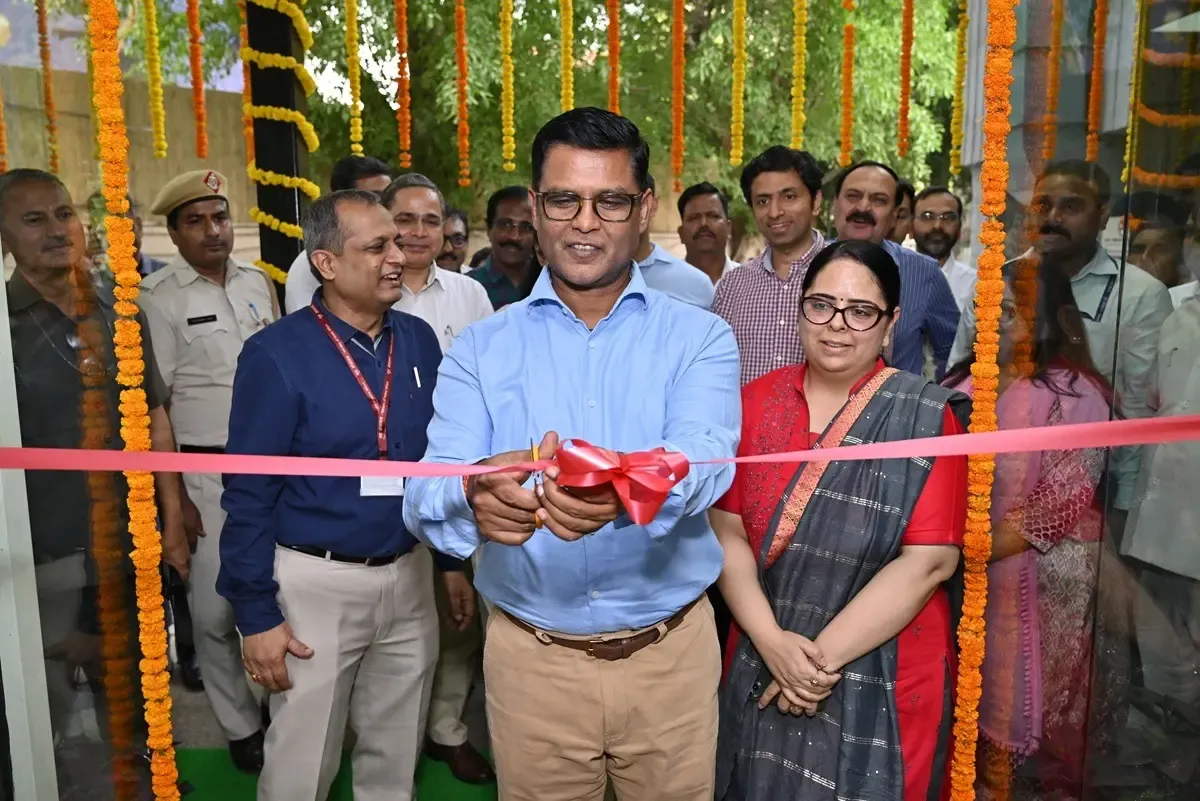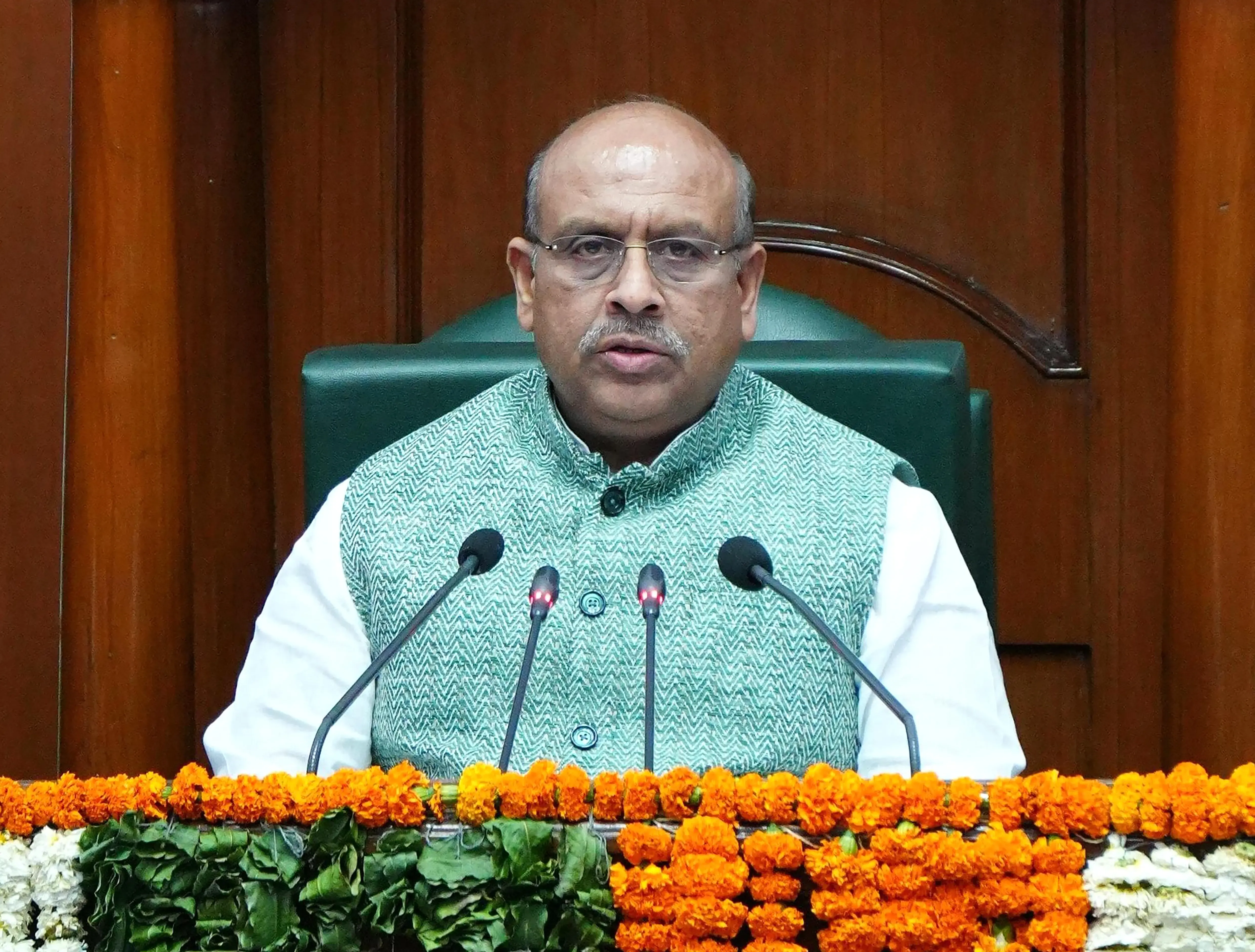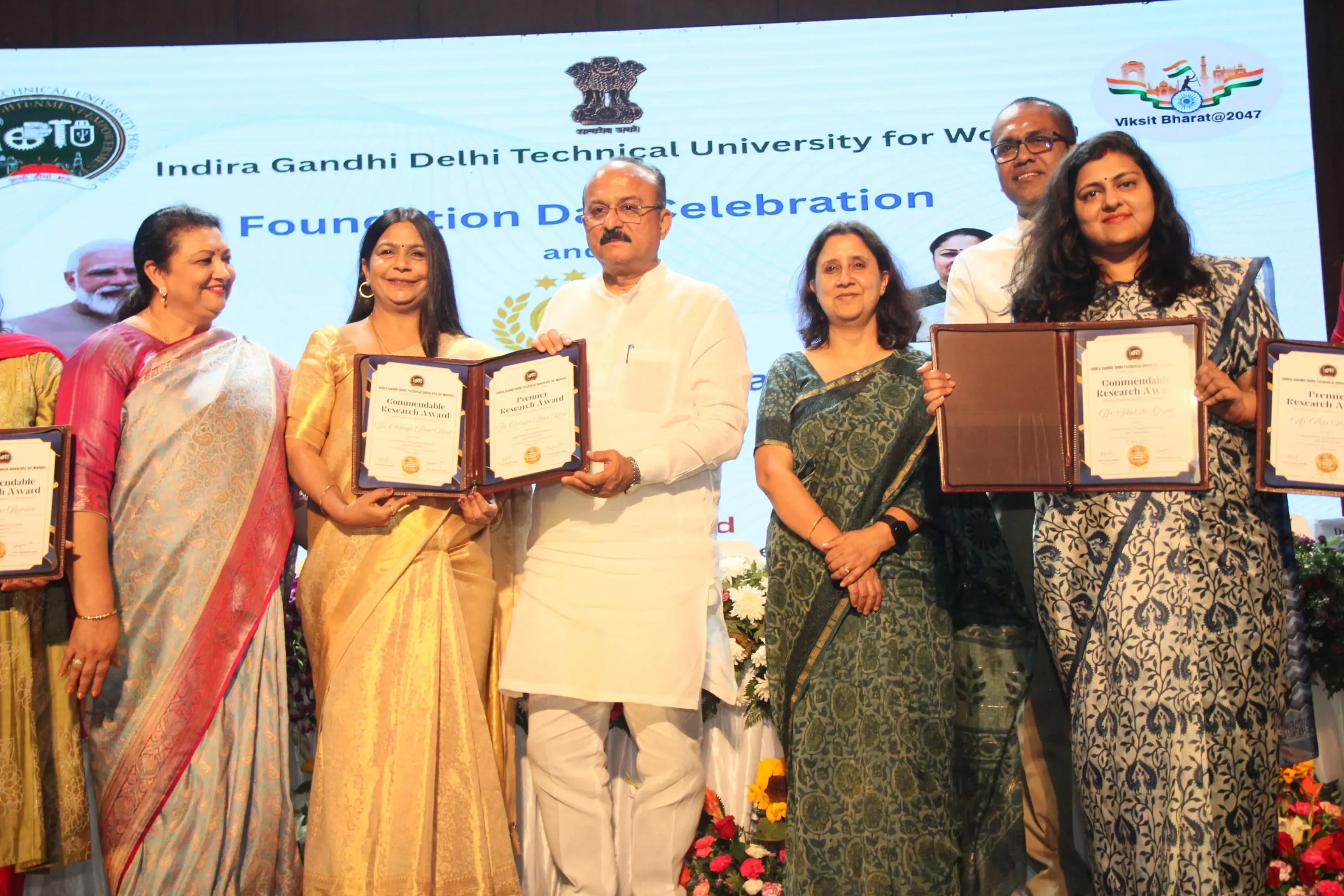How is NHRC Addressing the Surge in Heat-Related Deaths?

Synopsis
As heatwaves grip the nation, the NHRC takes action to prevent heat-related fatalities. The Commission calls on 11 states to implement necessary measures aimed at protecting vulnerable populations such as outdoor workers, the elderly, and children. This urgent initiative emphasizes the importance of adequate shelter and resources. Discover the critical steps being taken to combat this growing concern.
Key Takeaways
- NHRC has called for immediate measures to prevent heat-related deaths.
- States are urged to support vulnerable populations with shelters.
- 3,798 deaths were reported due to heat issues from 2018-2022.
- NDMA recommends activating public spaces for relief.
- Public health advisories stress the importance of heat precautions.
New Delhi, May 1 (NationPress) With the increasing intensity of heatwaves across the nation, the National Human Rights Commission (NHRC) urged states located in the northern, central, and western regions to implement immediate preventative strategies to avert heat-related fatalities.
The NHRC emphasized the necessity to assist “the most vulnerable populations, particularly those from economically disadvantaged backgrounds, outdoor laborers, the elderly, children, and the homeless, who face heightened risks from inadequate shelter and resources,” as stated by the Commission.
In correspondence addressed to the Chief Secretaries of Punjab, Haryana, Uttar Pradesh, Bihar, Jharkhand, West Bengal, Odisha, Andhra Pradesh, Telangana, Maharashtra, and Rajasthan, the NHRC called for the provision of “shelters and relief supplies” for the at-risk groups.
According to data from the NCRB, a total of 3,798 deaths were recorded from 2018 to 2022 due to heat-related incidents and sun strokes.
The Commission highlighted an urgent need for cohesive and inclusive initiatives, including “revising working hours and establishing standard procedures for managing heat-related health issues.”
To alleviate the effects of heat waves, the NDMA guidelines recommend activating public spaces such as schools, anganwadi centers, and community halls equipped with proper ventilation, fans, drinking water, and essential medical supplies.
There is also a call for the distribution of fans, cool roofing materials, and ORS sachets to households in informal settlements and labor colonies; provision of shaded resting areas, hydration support, and encouragement of protective clothing usage.
The Commission has requested that the states provide action-taken reports regarding their efforts to safeguard the lives of those susceptible to heat waves.
Meanwhile, the India Meteorological Department (IMD) reported on Wednesday that numerous areas in India are expected to experience above-normal temperatures and an increase in heatwave occurrences throughout May.
IMD Director General Mrutyunjay Mohapatra indicated in a media briefing that heatwave conditions may persist for up to “four days in regions such as Rajasthan, Haryana, Punjab, Madhya Pradesh, Uttar Pradesh, Bihar, Jharkhand, and Gangetic West Bengal.”
In light of these developments, the Ministry of Health has issued a directive advising the public to “take precautions against the heat.”
In a post shared on the social media platform X, the Ministry recommended avoiding outdoor activities between noon and 3 PM and refraining from engaging in strenuous tasks in the afternoon.
Additionally, the Ministry advised proper ventilation in homes, avoiding spoiled food, alcohol, tea, or coffee, and never leaving pets or children unattended in parked vehicles.









